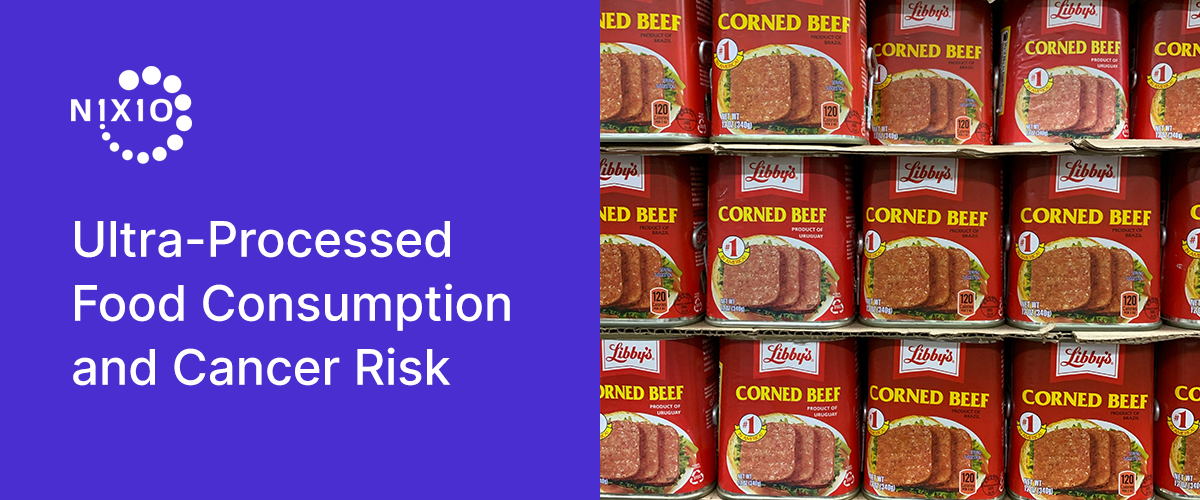The consumption of ultra-processed foods (UPFs) has been linked to cardiovascular disease (CVD), coronary heart disease (CHD), cerebral vascular disease and cancer, including those in the head and neck, upper–aerodigestive tract, colon, rectum, breast and pancreas. UPFs are typically high in energy, cheap, highly palatable, and widely available ready-to-eat products which are often consumed in large quantities, replacing more nutritious, unprocessed/minimally processed foods in the diet.
UPFs are industrial formulations manufactured in a complex way using a variety of additives which include preservatives to resist mold and bacteria; emulsifiers to keep incompatible ingredients from separating; artificial colorings and dyes; anti-foaming, bulking, bleaching, gelling and glazing agents; artificial sweeteners, salt and fats designed to make food more appealing.
Examples of UPFs include soft and/or sweetened carbonated drinks, sweet or savory packaged snacks and mass-produced packaged breakfast cereals, biscuits, reconstituted meat products, instant noodles, confectionery, packaged breads and buns, and pre-prepared frozen or shelf-stable dishes. They have been associated with excess weight and increased body fat in several observational studies.
In a recent study, researchers discovered that 10% greater intake in ultra-processed foods was associated with a 23% higher risk of head and neck cancer and a 24% higher risk of esophageal adenocarcinoma. However, increased body fat explained only a small proportion of the statistical association. The link between eating UPFs and upper–aerodigestive tract cancer didn’t seem to be greatly explained by body mass index and waist-to-hip ratio. The researchers proposed that other mechanisms could explain the association. For instance, additives including emulsifiers and artificial sweeteners—which have been previously linked to disease risk—as well as contaminants from food packaging and the manufacturing processes may partly explain the link between ultra-processed food consumption and upper–aerodigestive tract cancer. They emphasized that more research is needed to further identify mechanisms that may contribute to the link between ultra-processed foods and head and neck cancer and esophageal adenocarcinoma.
We should emphasize the importance of balance diets rich in whole grains, vegetables, fruits, and beans, and encourage people to read the nutrition labels of packaged foods in order to avoid UPFs.


